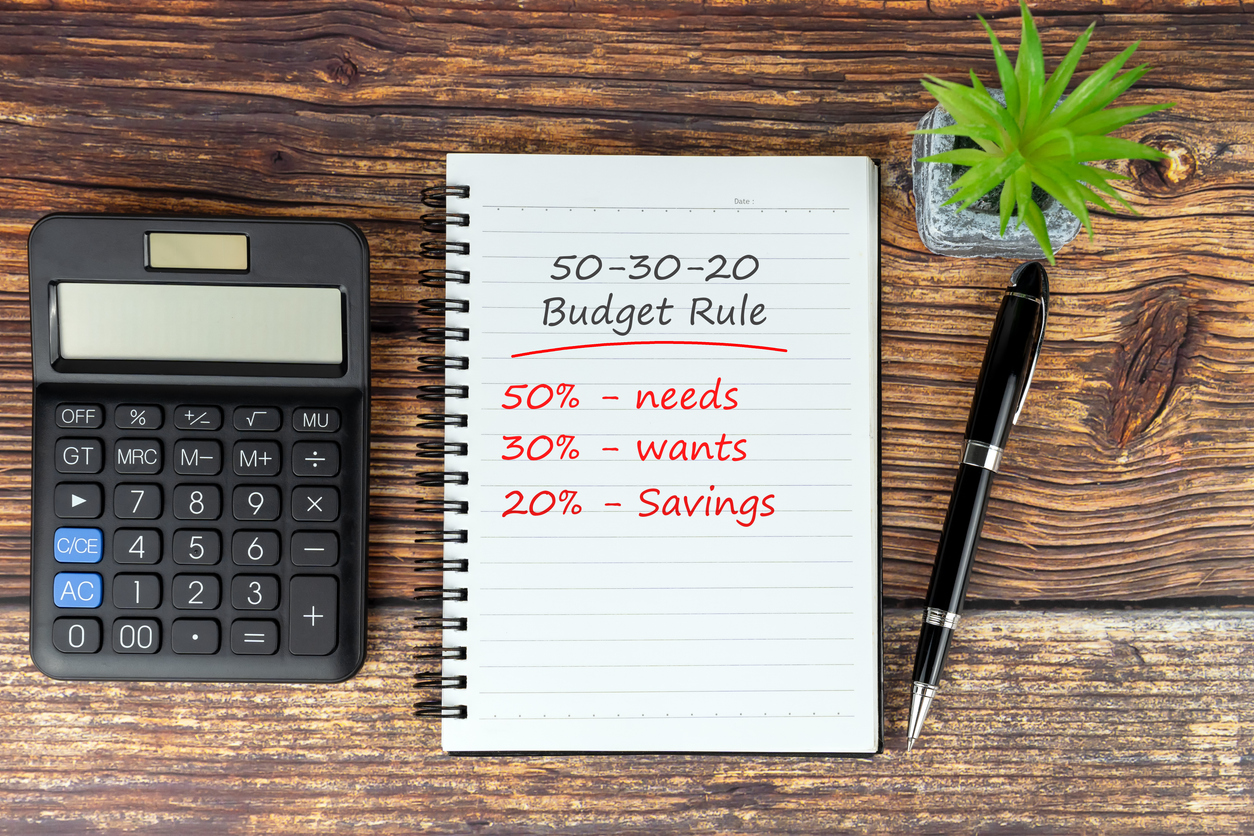At a time when loneliness has become endemic in our society, and more people than ever before are seeking mental health support (just over 1 in 3 for common mental health conditions), social prescribing is proving to be a popular treatment amongst medical professionals. But more importantly for the patient or recipient, it is proving to be an effective means of helping those of us in need.
Social prescribing is the practice of professionals such as doctors, pharmacists, the police and jobcentre staff recommending social activities and sports as a form of therapy. Groups of professionals will soon be able to put us in touch with a link worker. Community link workers will be able to provide support, education and problem solving to primary health care teams. They will also be able to assist us directly in sourcing and accessing local support services and activities to improve our overall health and wellbeing.
Social Prescribing For Better Health & Wellness
Sustainable Living | 2nd February 2019 by Ciara McArdle
Is it unreasonable to think there are alternative ways to treat mental health and wellbeing conditions by going beyond the prescription of pharmaceutical medications or even holistic and natural medications? To look beyond the tablet, tonic or treatment as a way to solve conditions that are becoming increasingly common and recognised as different to medical conditions? Is now a good time to think more widely about what traditional treatments can offer and instead find additional solutions within our own communities?

It appears the answer is a resounding, yes. While some mental health and wellbeing conditions may be a consequence of modern life, we are more curious about finding solutions to those issues within every day living and within our communities. In doing so, we are moving into the arena of social prescribing and exploring just how far this can help treat conditions beyond the scope of traditional solutions we usually seek from our G.P.’s.
At a time when loneliness has become endemic in our society, and more people than ever before are seeking mental health support (just over 1 in 3 for common mental health conditions), social prescribing is proving to be a popular treatment amongst medical professionals. But more importantly for the patient or recipient, it is proving to be an effective means of helping those of us in need.
Social prescribing is the practice of professionals such as doctors, pharmacists, the police and jobcentre staff recommending social activities and sports as a form of therapy. Groups of professionals will soon be able to put us in touch with a link worker. Community link workers will be able to provide support, education and problem solving to primary health care teams. They will also be able to assist us directly in sourcing and accessing local support services and activities to improve our overall health and wellbeing.
The new practice has been found to be unparalleled as an alternative to prescribing medicines to patients. Statistics have shown that a substantial amount of appointments made with GPs are currently not strictly related to medical concerns. Therefore, not only does social prescribing help people in need of support with long term conditions or with mental health issues, but it also reduces pressure on medical resources. Consequently, NHS England plans to increase the number of link workers significantly, by recruiting over one thousand people to the role by 2021.
Social prescriptions are also being used to help people who are feeling lonely or isolated. Theresa May emphasised social prescribing as a crucial part of the first UK government loneliness strategy, launched in 2018. Assisting people in building social connections and feeling part of a community has been shown to combat loneliness and isolation, and indeed lead to healthier, happier lifestyles.
There are a vast variety of social activities that can be prescribed depending on a person’s specific needs: healthy cooking clubs, community garden projects, craft groups, support for self-care, dance classes, nature therapy and sports clubs, to name but a few.
Reports are showing social prescriptions often have positive effects on various aspects of all-round general health, rather than for the problem initially prescribed. When prescribing dance classes to patients with depression which can often have other health problems attached, one doctor found amongst some patients blood pressure reduced and diabetes got better as depression was lifted.
Research conducted by Sheffield Hallam University found various positive outcomes for recipients of social prescriptions. Mental and physical health was improved and feelings of loneliness were alleviated. In addition, people felt more involved with their community and became noticeably more independent. Indeed, over 83% of the study’s participants saw positive changes in at least one area of their health after only 3-4 months.
It is becoming apparent social prescribing has a lot to offer people in society who are struggling. There is a strong argument that social prescriptions could be more beneficial in some instances than medications. Helping people to be more active, take up a hobby, and socialise more can provide us with an invaluable support system. This is something we cannot get from monthly check-ups with our GP, where often we may receive no more support than prescribed drugs.
However, you need not rely on someone else to prescribe social activities. Self-referral is possible and indeed encouraged. If you feel you could benefit from stepping up your social activities, there are bound to be community and activity groups in your area helping provide the support you need while at the same time satisfying your interest in doing something new.
But do not be afraid to ask for help – there is nothing to stop you contacting your G.P. and asking for more information about setting up a relationship with a link worker or other services that may be available to you when it comes to social prescribing.
As the new initiative is being implemented, it is inevitable some G.P. practices will be better prepared than others. But calling your G.P. practice in advance may help. Let your doctor know you’re interested in social prescribing and finding out more about what can they can offer in terms of help and support. At the very least they can point and encourage you in the right direction and you’re more likely to engage in a productive and helpful conversation.
Share this post:
Hear from Solo Living now and then by signing up to our mailing list





















